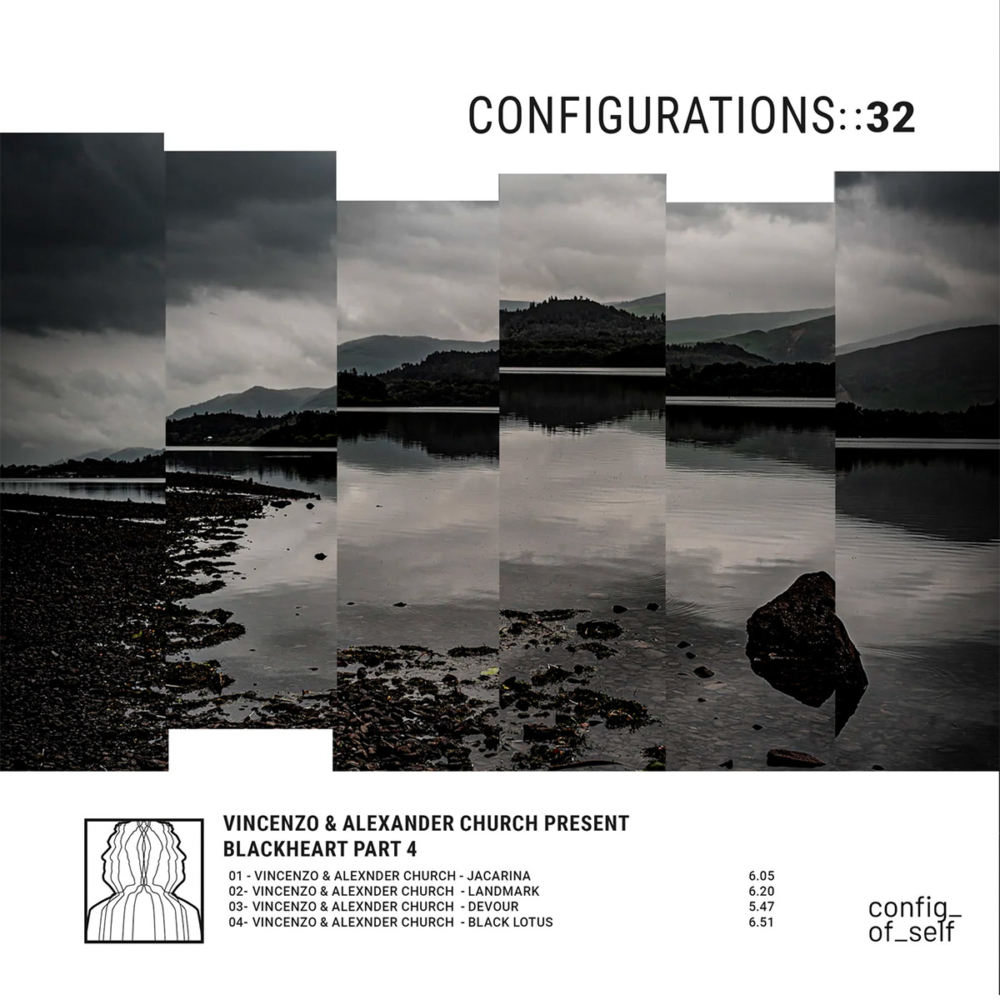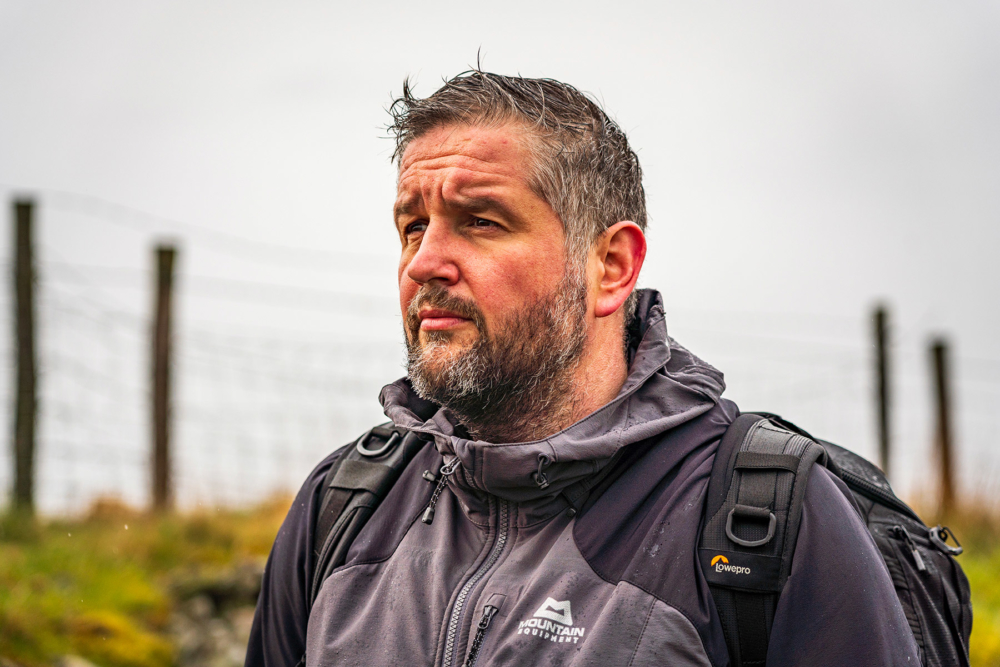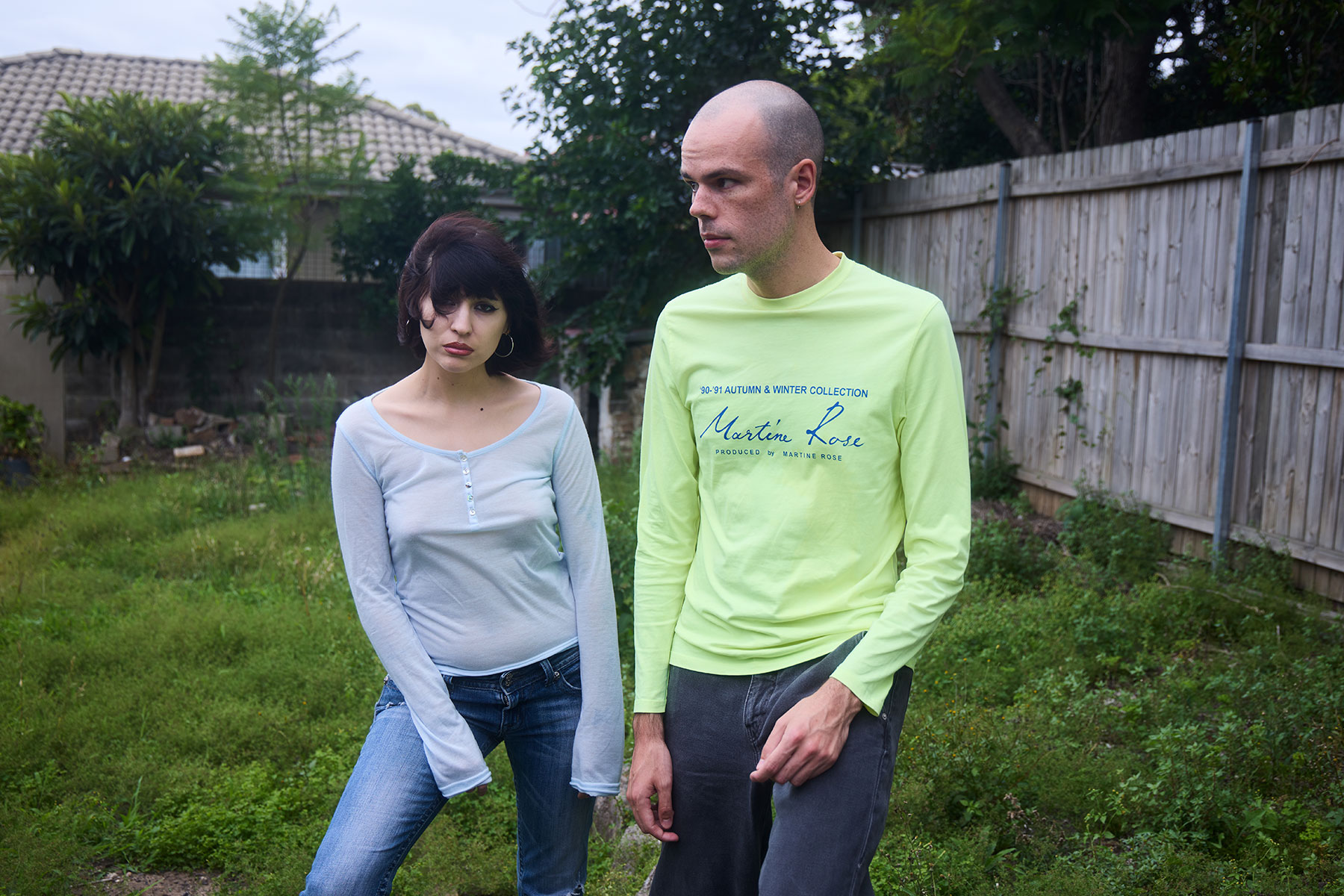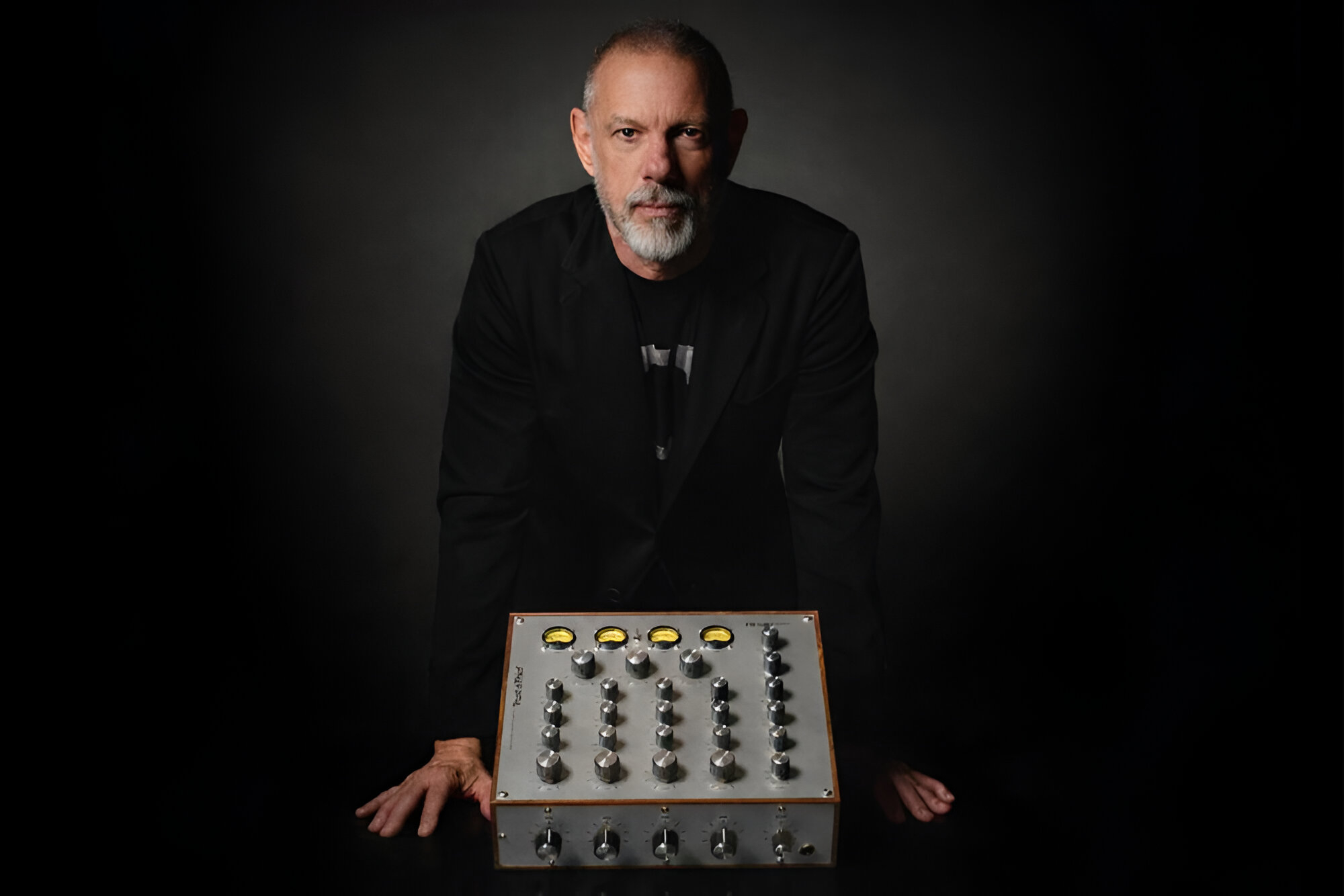Alexander Church, a versatile electronic music producer and therapist, has been captivating audiences with his distinct blend of musical styles since 1996. His journey from electronic music enthusiast to founder of his own label, ‘Configurations of Self,’ in 2019 highlights his artistic evolution and dedication to personal expression through music.
Photo credit: Alexander Church – Official
Church’s approach to music production is deeply intertwined with his work as a therapist. He transforms his clients’ emotional experiences into powerful musical compositions. Each release on his label represents a snapshot of his emotional landscape, complemented by artwork from his travels, creating a holistic representation of his artistic vision.
In a groundbreaking fusion of neuroscience and music, Church has begun incorporating EEG machines into his productions. This innovative approach aims to understand the cognitive processes behind emotional responses to music. His comparison of synth programming to navigating neural networks demonstrates his commitment to pushing the boundaries of electronic music creation.
Church’s latest project, ‘Moments on the Shoreline,’ is a concept series inspired by his early morning walks along lakes and oceans. It features tracks like ‘Melia,’ with serene synths and meditative rhythms, and ‘Derwentwater,’ showcasing liquid rhythms and ambient pads. The series promises to take listeners on a captivating auditory journey. The first part of this series is set to release on August 25th, 2024, under Configurations of Self.
To celebrate this upcoming release and share his wealth of experience, Alexander has invited us into his studio to reveal five invaluable tips for producers.
1. Get inspiring drum sounds from your kitchen
Don’t underestimate the potential of everyday objects to add unique textures to your tracks. For instance, I often record myself shaking gravy pots, salt and pepper shakers, or other items from the kitchen and edit them to create cool glitches, shakers, and hi-hats. This technique, which a friend shared with me over 20 years ago, is something I still often do. Using such unconventional methods allows you to create distinct sounds that stand out and add a different dynamic to your tracks.
2. Less is more
Simplify your setup and truly master the equipment you have. I now adopt a ‘less is more’ approach in all my studio sessions. By limiting the number of plugins on my computer and rotating between a small selection of synths and drum machines every few months, I avoid feeling overwhelmed. In the past, having all my gear set up at once stifled my creativity. Collaborating with friends who have hundreds of plugins in their DAW often reinforces this for me—too many options is overwhelming. I stick to using just 4 or 5 plugins, which helps me keep my tracks focused. By stripping back my setup, I found myself naturally simplifying my tracks. This process can also help resist the urge to fill your tracks with unnecessary elements, as overcomplicating them can suffocate the final product.
3. Record the environment around you
Consider incorporating field recordings from your daily life into your music. Capture the essence of your surroundings, whether it’s the sounds of nature, cityscapes, weekends away or traveling to and from work. Over the years, I’ve recorded the ocean, train journeys, animals at the zoo, city visits, and waterfalls, among other things. Layering these recordings with melodies or drum patterns can add a creative, personal touch to your tracks that is unique to you.
4. Learn music theory
Understanding music theory and chord structures can significantly enhance your ability to write melodies that resonate on an emotional level. I do often record long sessions of sequenced synths and arpeggios; however, I always try including a piece of myself into the music by playing live and recording directly into my DAW, with minimal reliance on MIDI. While using gear to create melody is great, I believe that the core emotion of a track should come from within.
5. Maintain a healthy balance in your approach to music-making
It’s essential not to let your success or struggles in the studio dictate your mood. Training as a therapist has provided me with deep insights into my psyche, helping me approach my music production in a healthier, more balanced way. I used to allow a frustrating studio session to affect my mood negatively, but I’ve learned not to force creativity when it isn’t flowing. If a track isn’t coming together, I’ll take a break for a few days rather than pushing through it. Having ADHD, I also struggled with hyperfocus, sometimes spending unhealthy amounts of time in the studio at the expense of other aspects of life. Over time, I’ve learned to channel that energy into other activities and find balance. It’s a continuous process, but understanding how your brain works and what it needs in any given moment helps keep the music-making process fun and enjoyable.

Alexander Church ‘Moments on the Shoreline- Part 1’ is set to be released on Configurations of Self label on 25th August 2024.
Follow Alexander Church: Spotify | Soundcloud | Instagram | X











